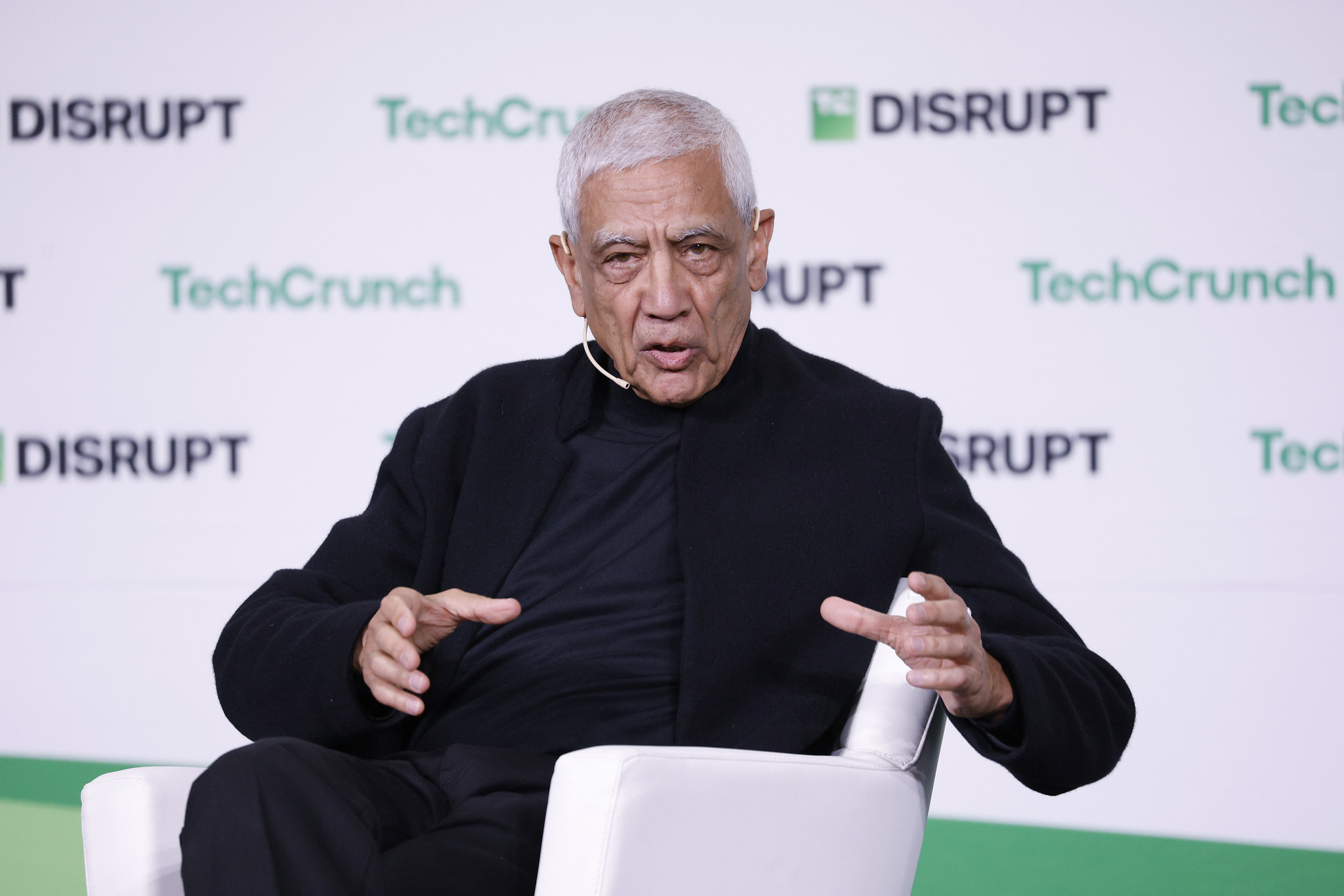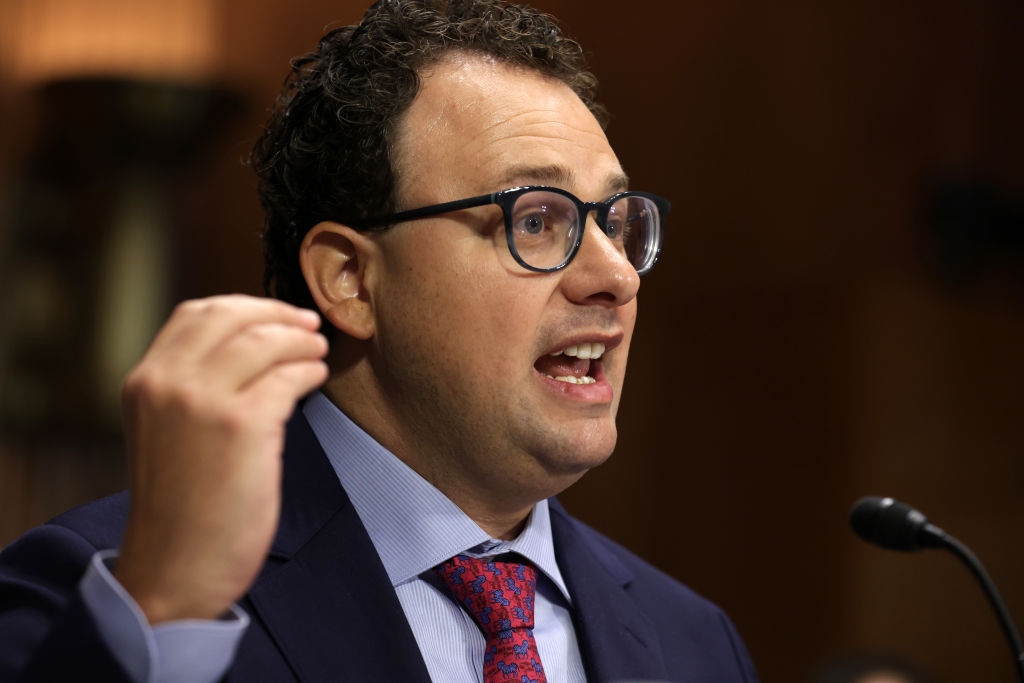
The halls of San Francisco recently pulsed with the vibrant energy of over 10,000 innovators, investors, and entrepreneurs, as TechCrunch Disrupt concluded its annual three-day gathering from October 27-29. This seminal event, a cornerstone of the global startup ecosystem, once again served as a dynamic crucible where groundbreaking ideas met critical scrutiny, capital converged with ambition, and the trajectory of future technologies was openly debated. Participants departed with fresh insights and invaluable connections, reflecting the conference’s ongoing role as a vital nexus for the technology community.
A Legacy of Launchpads: The TechCrunch Disrupt Phenomenon
TechCrunch Disrupt, since its inception, has cultivated a reputation as a premier platform for emerging startups and a crucial forum for dialogues shaping the tech landscape. Historically, the event has been instrumental in spotlighting companies that would later achieve widespread recognition, providing a critical early-stage springboard. Its unique blend of keynote speeches from industry titans, the intensely competitive Startup Battlefield, and extensive networking opportunities distinguishes it from other tech conferences. The San Francisco iteration, a flagship event, consistently attracts a diverse global audience, underscoring the city’s enduring status as a center for technological innovation and entrepreneurial spirit. Over the years, Disrupt has evolved, mirroring the shifts in the tech world itself, from the dot-com era’s nascent internet companies to today’s complex ecosystem of artificial intelligence, blockchain, and sustainable technologies.
Pioneering Voices on AI and Sustainability
A central theme woven throughout the conference was the multifaceted impact of artificial intelligence, particularly its intersection with environmental concerns. Vinod Khosla, the influential venture capitalist and founder of Khosla Ventures, offered a robust counter-narrative to the prevailing worries about AI’s escalating energy demands. He asserted that advancements in geothermal energy are on the cusp of widespread viability, positing it as a near-term solution to power the computational intensity of AI, while noting that fusion energy, though promising, remains a more distant prospect. Khosla Ventures has a significant track record of investing in climate tech and disruptive technologies, lending weight to his optimistic outlook. His commentary underscored a broader industry debate regarding the sustainable scaling of AI, a challenge that requires significant innovation in energy production and efficiency. Beyond technology, Khosla also touched upon his complex political stances, expressing alignment with certain deregulation policies of the Trump administration while simultaneously voicing strong disagreement on immigration, adding a layer of geopolitical context to the tech discussions. His quip about the transient nature of administrations highlighted the tech industry’s often pragmatic, long-term view of political cycles.
Further exploring the AI frontier was Thomas Wolf, co-founder of Hugging Face, a company that has rapidly become a beacon in the open-source AI community. Wolf elaborated on the ambitious LeRobot project, an initiative designed to democratize robotics through accessible hardware, open-source software tools, and shared datasets. This endeavor seeks to lower the barriers to entry in robotics development, potentially accelerating innovation and expanding the application of robotic technologies beyond traditional industrial uses into diverse sectors. Hugging Face’s commitment to open-source principles reflects a growing movement within the AI community to foster collaborative development and ensure broader access to powerful technologies, counteracting concerns about AI being monopolized by a few large entities. The implications of such democratization extend to educational institutions, small businesses, and individual developers, fostering a more inclusive technological future.
Navigating the Venture Capital Landscape
The volatile yet lucrative world of venture capital was thoroughly dissected by some of its most prominent figures. Roelof Botha, a managing partner at the venerable Sequoia Capital, provided attendees with an insider’s perspective on the firm’s strategic approach to identifying and backing successful startups. His insights into how Sequoia picks "winners" often revolve around a blend of market analysis, team strength, technological innovation, and impeccable timing. Botha also broached the intriguing, and somewhat controversial, topic of potential government ownership in startups, a concept that raises questions about national security interests, strategic industrial policy, and the traditional independence of private enterprise. He delivered a pragmatic warning to founders, urging them not to gamble on market timing and to "raise now if they’ll need money six months from now," a stark reminder that "bubbles pop." This advice resonates deeply in an environment marked by fluctuating interest rates and sometimes unpredictable investor sentiment, emphasizing prudence in financial planning for nascent companies.
Adding to the investment discourse, David George, who spearheads the growth investing team at Andreessen Horowitz (a16z), shared his expertise on the critical considerations startups must weigh when contemplating a public market debut. His discussion with TechCrunch’s Julie Bort delved into the intricate process of preparing for an Initial Public Offering (IPO), covering everything from financial readiness and governance structures to market sentiment and the transition from private company operations to public scrutiny. The conversation highlighted the significant shift in operational and reporting requirements that companies face once they enter the public domain, a journey many growth-stage startups aspire to undertake.
The highly anticipated Startup Battlefield competition, a hallmark of Disrupt, culminated in Gläd Technologies, led by Kevin Damoa, emerging as this year’s champion. This intensely competitive event, meticulously prepared by Battlefield chief Isabelle Johannessen and TC’s Michael Schick, provides a global stage for early-stage companies to present their innovations to a panel of esteemed judges and potential investors. Winning the Battlefield not only confers significant prize money but also bestows invaluable credibility and exposure, often serving as a catalyst for subsequent funding rounds and market penetration. Judges like Marlon Nichols of MaC VC and Aileen Lee of Cowboy Ventures, known for coining the term "unicorn," offered their sharp insights during the final rounds, underscoring the rigorous evaluation process.
Veteran tech entrepreneur Kevin Rose, known for his pioneering work with Digg and as a general partner at True Ventures, discussed the future of venture capital and offered cryptic hints about a new, buzzy wearable startup named Sandbar. Rose’s enduring presence in the tech scene, from Web 2.0 innovations to early-stage investing, provided a historical perspective on the cyclical nature of tech trends and investment strategies, demonstrating how the industry continues to reinvent itself while retaining core principles of disruption and innovation.
Disrupting Consumer Experiences and Mobility
Consumer-facing technologies and the future of transportation also commanded significant attention. Phoebe Gates, daughter of Bill and Melinda Gates, alongside Sophia Kianni, presented Phia, their AI-powered shopping assistant designed to simplify the discovery of high-quality secondhand clothing. This venture taps into the burgeoning market for sustainable fashion and reflects a growing consumer preference for eco-conscious purchasing. Their initiative underscores the intersection of technology, sustainability, and changing cultural consumption patterns, aiming to make circular fashion more accessible and appealing. Gates’s humorous anecdote about her famous parents seeking fashion advice through Phia highlighted the pervasive influence of technology and personal style across generations.
In the realm of autonomous vehicles, Alex Kendall, co-founder and CEO of Wayve, a UK-based self-driving startup, shared updates on their "brains for cars" software-centric approach. The company is reportedly in discussions to secure a substantial $2 billion funding round from tech giants SoftBank and Microsoft, at an impressive $8 billion valuation. This potential investment signifies robust confidence in Wayve’s AI-driven software, which prioritizes learning from real-world data over extensive pre-mapped environments. Such significant capital injections are crucial for the resource-intensive development of self-driving technology and illustrate the intense race to commercialize autonomous solutions.
Tekedra Mawakana, co-CEO of Waymo, a leader in autonomous driving technology, engaged in a candid discussion about the societal acceptance of self-driving car fatalities. She articulated a nuanced perspective, suggesting that society will ultimately accept deaths caused by autonomous vehicles, provided that "society has a high enough bar on safety that companies are held to." This statement highlights the critical ethical, regulatory, and public trust challenges inherent in deploying self-driving cars. The industry faces the complex task of demonstrating superior safety performance compared to human-driven vehicles while navigating public apprehension and establishing robust accountability frameworks.
Netflix CTO Elizabeth Stone provided insights into the streaming giant’s strategic expansion beyond traditional binge-watching into interactive programming and gaming. She affirmed that this broadened remit, which includes features like voting on live shows and mobile gaming, has not fundamentally altered Netflix’s core storytelling approach. Instead, it represents an evolution in how stories are experienced and engaged with, aiming to deepen user immersion and differentiate Netflix in an increasingly competitive entertainment landscape. This move reflects a wider trend in media to integrate interactive elements, blurring the lines between passive consumption and active participation.
Roy Lee, founder of Cluely, an app gaining notoriety for its provocative mantra "cheat at everything," offered an unconventional, expletive-laden take on effective marketing strategies. His philosophy, centered on the idea that "every day, people are doing crazier and crazier things, which is why to stand out, you have to do something even crazier," resonated with an audience looking for fresh perspectives. This commentary speaks to the challenges of achieving visibility in a crowded digital marketplace, where traditional marketing tactics often fall short against the clamor of viral content and attention-grabbing stunts.
Beyond the Boardroom: Culture, Community, and Urban Future
The conference also touched upon broader societal and cultural impacts of technology. Former NBA star Tristan Thompson, now building a business empire, delved into his web3 platform, "Basketball Fun," which tokenizes NBA players, turning them into tradable digital assets. When questioned about the potential for players to manipulate this system, Thompson provocatively deflected, asking, "It’s the same question we ask about referees. Are they not gaming the system?" This bold statement, followed by a shrug when pressed on whether he implied NBA referees take bribes, ignited debate about integrity in sports, the blurred lines of digital assets, and the ethical considerations surrounding new financial technologies.
Discussions around community and education were also prominent. Tage Oyerinde of Campus presented his vision for rethinking community college, aiming to innovate traditional educational models. Concurrently, Teddy Solomon of Fizz, an anonymous social app rapidly spreading across college campuses, discussed the platform’s growth and the occasional bans it faces—incidents some might view as a testament to its disruptive nature. These discussions highlighted the ongoing efforts to evolve educational accessibility and the complex social dynamics of digital communities among younger demographics.
San Francisco Mayor Daniel Lurie addressed the city’s future and its relationship with the tech industry, recounting his direct conversation with President Trump. Lurie discussed his successful efforts to prevent the deployment of the National Guard to the city, a proposal reportedly floated by Salesforce CEO Marc Benioff. The mayor staunchly asserted, "What I said to him was what I say to everybody: this is a city on the rise," emphatically stating that the three days of Disrupt itself served as proof. He firmly denied making any concessions in his discussions with Trump, underscoring his commitment to the city’s autonomy and its narrative of resurgence. This exchange reflects the intricate interplay between local governance, federal policy, and the significant influence wielded by major tech industry figures in shaping urban policy and perception.
Beyond the structured sessions, the spirit of collaboration and connection thrived. A physical whiteboard filled with "wants" — developers needed, contacts offered, deals proposed — served as a tangible reminder that, despite advanced digital tools, traditional networking tactics still hold immense value in fostering spontaneous connections and facilitating resource exchange within the startup community. This old-school approach underscored the fundamental human element at the heart of innovation.
The Enduring Spirit of Innovation
The 2025 TechCrunch Disrupt event in San Francisco ultimately reinforced its role as a critical barometer for the tech industry’s health and future direction. From the profound implications of AI on energy and robotics to the evolving strategies in venture capital, consumer tech, and urban development, the conference offered a comprehensive snapshot of a sector in constant motion. The collective experience of 10,000 attendees, forging connections and absorbing knowledge, testified to the enduring human drive to innovate, build, and disrupt. As the tech world looks forward to the next iteration, the dialogues sparked and connections made in San Francisco will undoubtedly continue to shape the trajectory of global technology.







